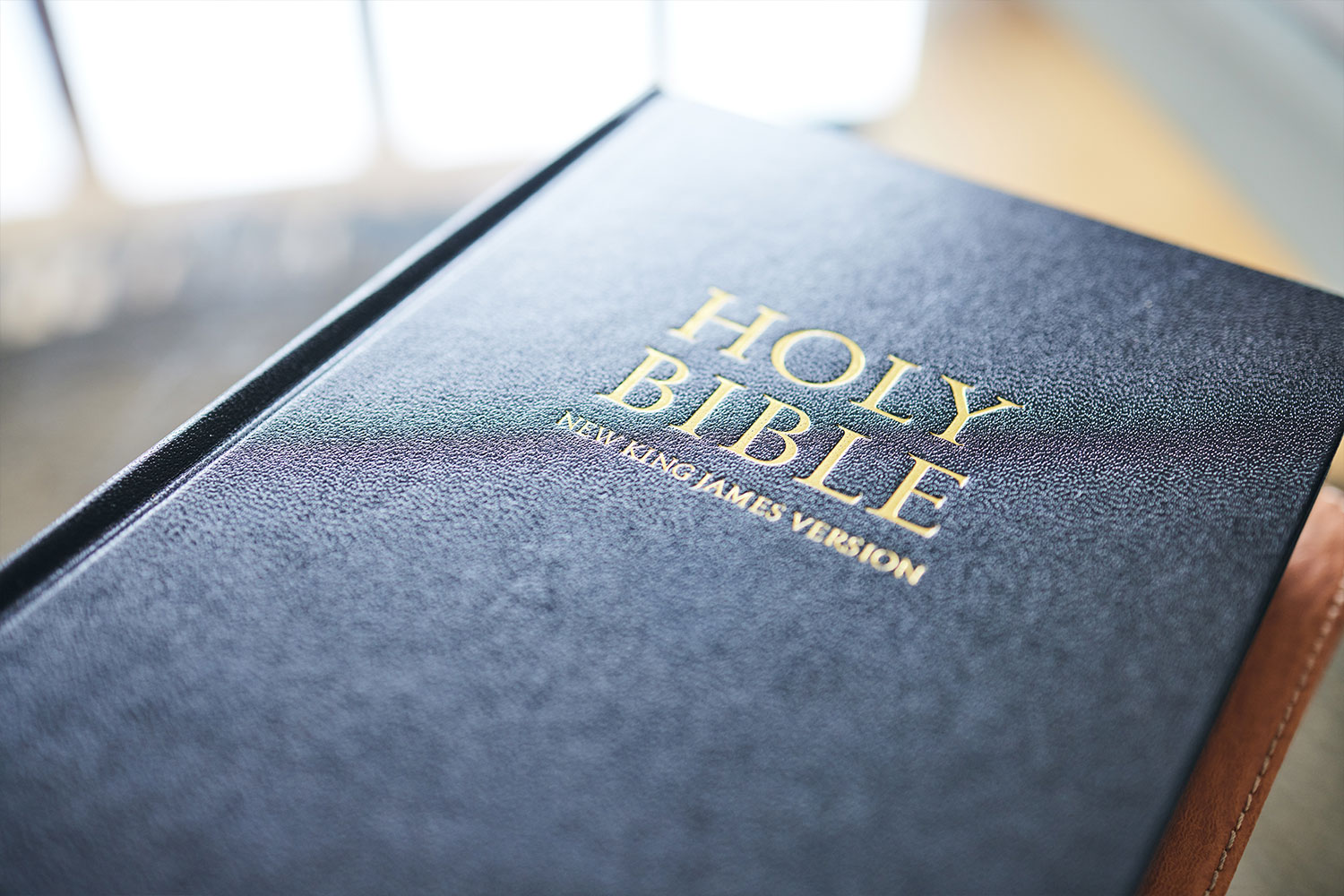
The Christian Cross: A Foundational Symbol
The Christian Cross, an intersecting pair of simple lines, is one of the most powerful symbols in Western Civilisation. Its significance extends beyond religious connotations, influencing art, culture and even modern graphic design. The cross is a symbol of sacrifice, redemption and love, resonating deeply within the Christian Faith and echoing through centuries as a visual anchor for Western Culture.

The Cross as a Logo
In graphic design, a logo’s power lies in its simplicity and ability to convey a story or identity succinctly. The Christian Cross, in its most basic form, exemplifies this principle. As a logo, it is incredibly effective: immediately recognisable, loaded with meaning and evocative of deep emotional responses. This simplicity and depth make it a timeless piece of visual communication, much like modern logos that aim to distill complex brand identities into minimalist designs.

Logos and “Logos” (Pronounced with a shallow ‘o’, Lo-Gos)
The term “logo” itself derives from the Greek word “logos,” which means “word” or “reason.” In the context of Christianity, “Logos” also refers to the Word of God, emphasising the idea of divine communication and truth. This duality highlights the intrinsic connection between words and symbols, both essential elements in conveying messages. Just as “logos” in branding encapsulates the essence of a company, the Christian Cross encapsulates the essence of the Christian Faith.
The Cross in Brand Building
The cross’s influence on branding can be seen in several ways:
- Simplicity and Clarity: Modern logos often strive for simplicity to ensure instant recognition and clarity, much like the cross. This approach ensures that the symbol remains in the audience’s mind, fostering brand recall and loyalty.
- Emotional Resonance: The cross evokes a powerful emotional response, much like effective branding aims to connect emotionally with its audience. This connection creates a bond that transcends mere transactional relationships, fostering a deeper brand loyalty.
- Storytelling: The cross tells a profound story of sacrifice and redemption, much like how brands use storytelling to communicate their values and mission. Effective branding weaves narratives that resonate with their audience, creating a compelling identity.

The Church as a Place of Worship and User Experience
The church, as a physical and communal space, offers a unique user experience. It’s a place where individuals gather, find solace, and experience a sense of community. This concept of user experience is mirrored in modern brand spaces—whether physical stores, online platforms or social media interactions. Brands aim to create environments where users feel connected, understood and valued, much like the experience within a church.

The Bible as Brand Guidelines
The Bible serves as a comprehensive guide for Christians, outlining beliefs, values, and practices. In branding, a brand guideline document serves a similar purpose, providing a coherent framework for maintaining consistency in messaging, visual identity and overall brand strategy. Just as the Bible ensures a unified understanding among its followers, brand guidelines ensure a unified representation across all touch points.

Jesus on the Cross: A Visual Metaphor
The image of Jesus on the cross is an emotive and powerful visual metaphor. It encapsulates themes of sacrifice, love and redemption, evoking deep emotional responses. In branding, visual metaphors are used to convey complex ideas and emotions succinctly. They serve to create a strong, memorable impression that resonates with the audience, much like the image of Jesus on the cross resonates with believers.

The Simplicity of the Cross in Graphic Design
From a graphic and illustrative perspective, the cross is the epitome of simplicity. It is formed by two lines intersecting at a 90-degree angle. This basic geometric shape is incredibly versatile and powerful, able to convey profound meanings with minimal visual complexity. The simplicity of the cross ensures that it is instantly recognisable and universally understood, which is a key goal in logo design.
However, because the Christian Faith has so strongly associated the cross with its identity, its use outside of this context is often automatically linked to Christianity. This exclusivity means that while the cross is a powerful symbol, it is also heavily loaded with specific religious connotations, limiting its use in broader contexts without invoking its established meanings.

Profound Simplicity, Yet Deep Symbolism
The Christian Cross, with its profound simplicity and deep symbolism, offers invaluable lessons for modern graphic design and branding. Its ability to convey complex meanings through a simple form, evoke emotional responses, and tell compelling stories makes it a timeless symbol. By understanding and applying these principles, brands can create identities that are not only visually appealing but also deeply resonant and meaningful.
This exploration into the cross as a symbol and its connections to branding offers a fresh perspective on the power of simplicity, storytelling and emotional resonance in creating enduring brand identities.

Daniel Borg
Creative Director
psyborg® was founded by Daniel Borg, an Honours Graduate in Design from the University of Newcastle, NSW, Australia. Daniel also has an Associate Diploma in Industrial Engineering and has experience from within the Engineering & Advertising Industries.
Daniel has completed over 2800 design projects consisting of branding, content marketing, digital marketing, illustration, web design, and printed projects since psyborg® was first founded. psyborg® is located in Lake Macquarie, Newcastle but services business Nation wide.
I really do enjoy getting feedback so please let me know your thoughts on this or any of my articles in the comments field or on social media below.
Cheers Daniel

